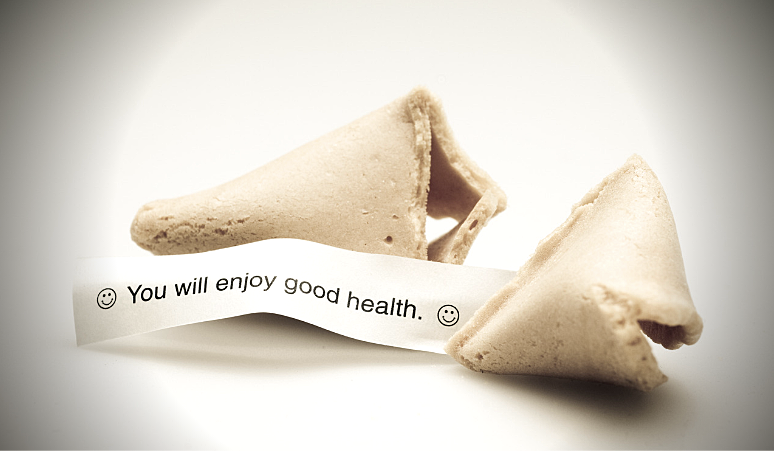
Our Brains Don’t Like Not Knowing
In the past few months, I have been speaking to various groups about the brain science and psychology behind what we have all been going through with the pandemic, civil unrest and the downturn in the economy. We discuss aspects of reintegration, fear, grief, culture shock, communication, and what good leadership looks like. One word continues to come up as I have teams generate word clouds about what has been most difficult. The word that has consistently come up with every single group is “uncertainty”. This word is worth examining because, essentially, it is key to understanding why so many of us struggle with some of the current challenges we are facing.
Risk Vs. Ambiguity
Ambiguity is very different than its brother, risk, although we sometimes use these words interchangeably. Here is the difference. In the risk scenario, you are presented with a closed jar containing one hundred M&Ms, 50 red, and 50 green. Close your eyes, pick a candy at random. If it’s green, you get a reward. If it is red you get punished. You’ve got a 50/50 shot. In the ambiguity scenario, you don’t know the breakdown of the candy colors. There might be one green M&M or they may all be green – no way to tell because it is a closed jar. The ambiguity of which you will choose ranges from 1% to 99%. Close your eyes and choose only one. Scary isn’t it?
People vary dramatically as to how willing they are to take a risk – some people thrive on it…others avoid it. Studies show, however, that people consistently dislike ambiguity more than they dislike risk. It is an ancient response – even found in the animal kingdom. When we consider risk, we activate parts of our brain related to calculating odds and executive features of decision-making, and if there’s a good outcome, in the end, things feel rewarding.
In contrast, when we wrestle with ambiguity, we activate brain regions central to anxiety and apprehension. If there’s a good outcome, we mostly feel less dread – but we are definitely not celebrating a success. It’s not uncommon to hear people mired in a sort of limbo say that they’d prefer hearing about a terrible outcome than continue waiting to find out. That way, at least they’d know, and a potent form of psychological tension would be released.
Uncertain Days
Which brings us to Covid-19. The reason so many people during my speaking events report feeling stressed due to the uncertainty. We’re accustomed to navigating a world of risk especially when it comes to staying healthy. Exercise and get good sleep. Don’t smoke. Get an annual physical from your doctor. Just drink in moderation. Get your children vaccinated. Don’t text and drive.
We can also navigate our business world fairly well when it comes to reducing risk. Don’t get overextended on credit. Hire good people. Ensure you have a solid strategic plan for the next 3-5 years. Believe in your products and how you go to market. Invest in the future.
For each of the above scenarios, we can actually look up the statistics and calculate how much risk to take. We can then reason our way to a logical response. Many of us believe we are pretty good at risk-taking, especially after having been in business for any length of time. In reality, we aren’t great at it. Rather than deny ourselves, we rationalize, concluding that something horribly risky doesn’t apply to us. But, while critical thinking may take a hit amid our risk, our brains unravel and essentially short-circuit when it comes to the empty canvas of ambiguity.
A Novel Threat
“COVID-19 is unique,” says Roxane Cohen Silver, who studies how we cope with traumatic events. The UC Irvine psychologist described what differentiates the pandemic from other crises. “This is an invisible threat. We don’t know who is infected, and anybody could infect us,” she said. It’s also an ambiguous threat because “we have no idea how bad this will get.”
That ambiguity conflicts with our wiring and our innate need to understand and to plan. “Our brains hate not knowing things,” says Judson Brewer, a neuroscientist and psychiatrist at Brown University. “Our prefrontal cortices are set up to plan, and they need accurate information to plan. They also need precedent because we plan for future events based on past events.”
Located at the front of the brain, the prefrontal cortex is involved in high-level functions like planning, reasoning, and decision-making. Through its connections with other parts of the brain, it helps us focus our attention and regulate our emotions. But stress flips the switch on the prefrontal cortex; when it goes offline, the brain’s emotion and habit centers take over and our minds spin out over every possible “what if” scenario.
These scenarios often manifest as questions that are many of us are asking:
- When will be there a vaccine? Not sure.
- Will the vaccine be safe? We hope so.
- If you have had the virus are you immune? Trying to figure that out.
- If I hire, will there be enough work to sustain them? Hmmmm…
- Should we go virtual indefinitely? Can’t really say.
- Is it wise to invest right now? Maybe.
- What does our 3-year strategic plan look like? Hard to say.
Sound familiar? Is it any wonder we feel as if we are in shifting sand at times?
Final Words
With all of that being said, the Covid-19 ambiguity does become an exercise in grit. I often take a deep breath and remind myself of what I can control, try to bank on the fact that what doesn’t kill you makes you stronger, realize I am on a turbo trajectory of how to lead during a crisis, feel my team bonding throughout, and hope that I will look back at this with wonder and pride at how we managed through. My intention with this blog is that you have some understanding of why your brain feels as though it hurts at times. Just know you are not alone and that here at Steople we stand beside you as you progress in your leadership journey!

